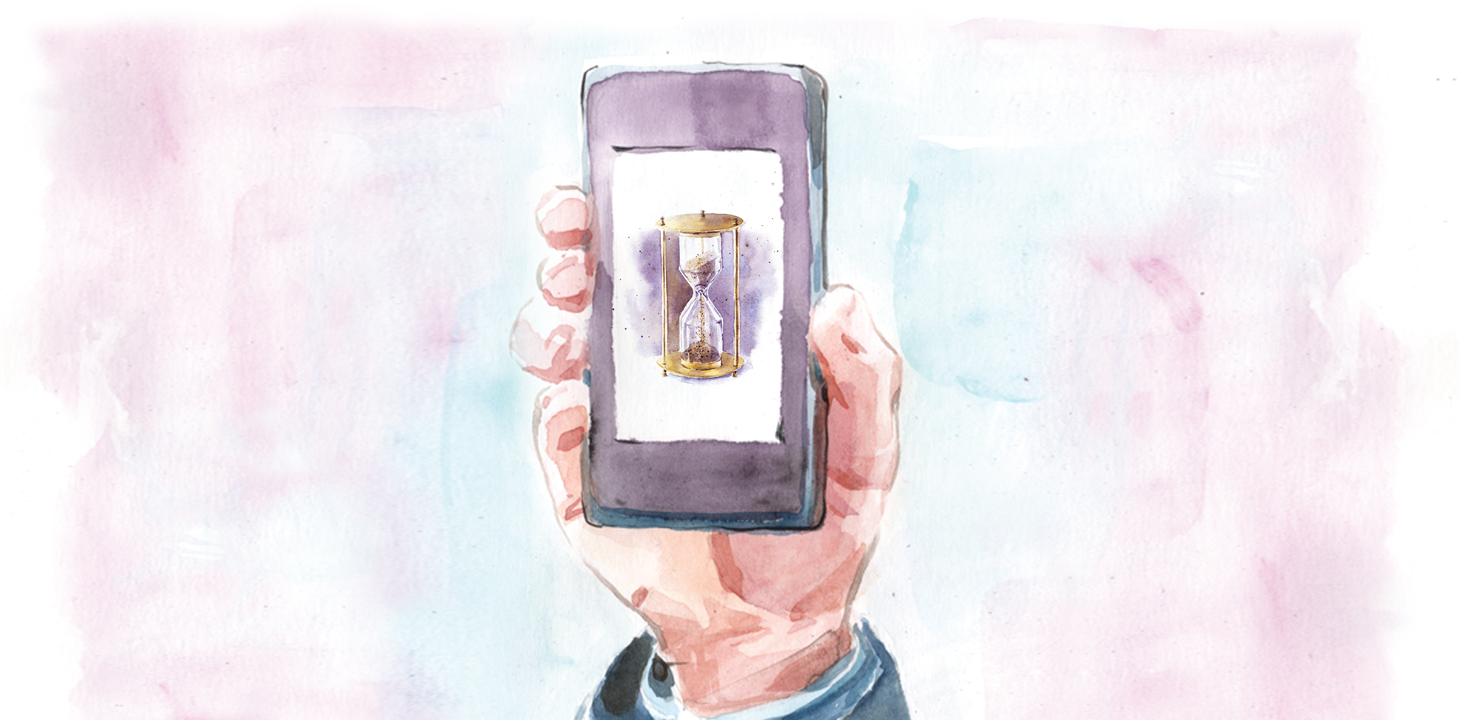Are We Too Addicted to Our Smartphones?

COURSE TITLE
Bored and Brilliant: What Do We Know About the Effects of Smartphones?
INSTRUCTOR
Rachel Young, assistant professor, College of Liberal Arts and Sciences
WHO TAKES IT
This new class in the School of Journalism and Mass Communication is a first-year seminar open to incoming undergraduates from across campus.
WHAT THEY LEARN
According to Nielsen research, the average American adult spent 863 hours—or two months' worth of daylight hours—on a smartphone in 2018. "This is a real sea change," Young says. "There's a lot of media coverage about the dangers of smartphones that taps into our fears—and some of those headlines are very alarmist."
Young points out that there are also positive aspects to the social connections that smartphones make possible. "They give you access to more people and more media, and there are times when this can be very beneficial," she says. "We need more nuanced research about the actual effects of smartphone usage."
Because academic inquiry can struggle to keep pace with this rapidly evolving technology, Young wants her undergraduates to assess the growing body of evidence about smartphones' potential impact on anxiety and depression, empathy, attention, and social interaction. Students explore how smartphone usage affects them—and how they can detach from devices designed to demand their attention. Ultimately, they use this information to draft a personal media-use manifesto about the role they want smartphones to play in their lives.
HOW THEY LEARN
Following steps from the book Bored and Brilliant by podcast host Manoush Zomorodi, class members complete assignments to objectively evaluate their smartphone usage. The book might challenge students not to use their phones while in motion—or to avoid checking a favorite app for a set period. Along with recording the results of these experiments in a weekly diary, participants conduct primary research by interviewing other first-year students about their smartphone use.
WHY IT'S UNIQUE
Young believes that digital citizenship is an emerging—and crucial—area of study that's especially relevant for today's students, who have grown up in a world full of smartphones. "We don't really think about our phones because the technology has become such an integral part of our lives," she says. "I want students to pause and reflect and notice things differently, because that helps them become critical media users."
